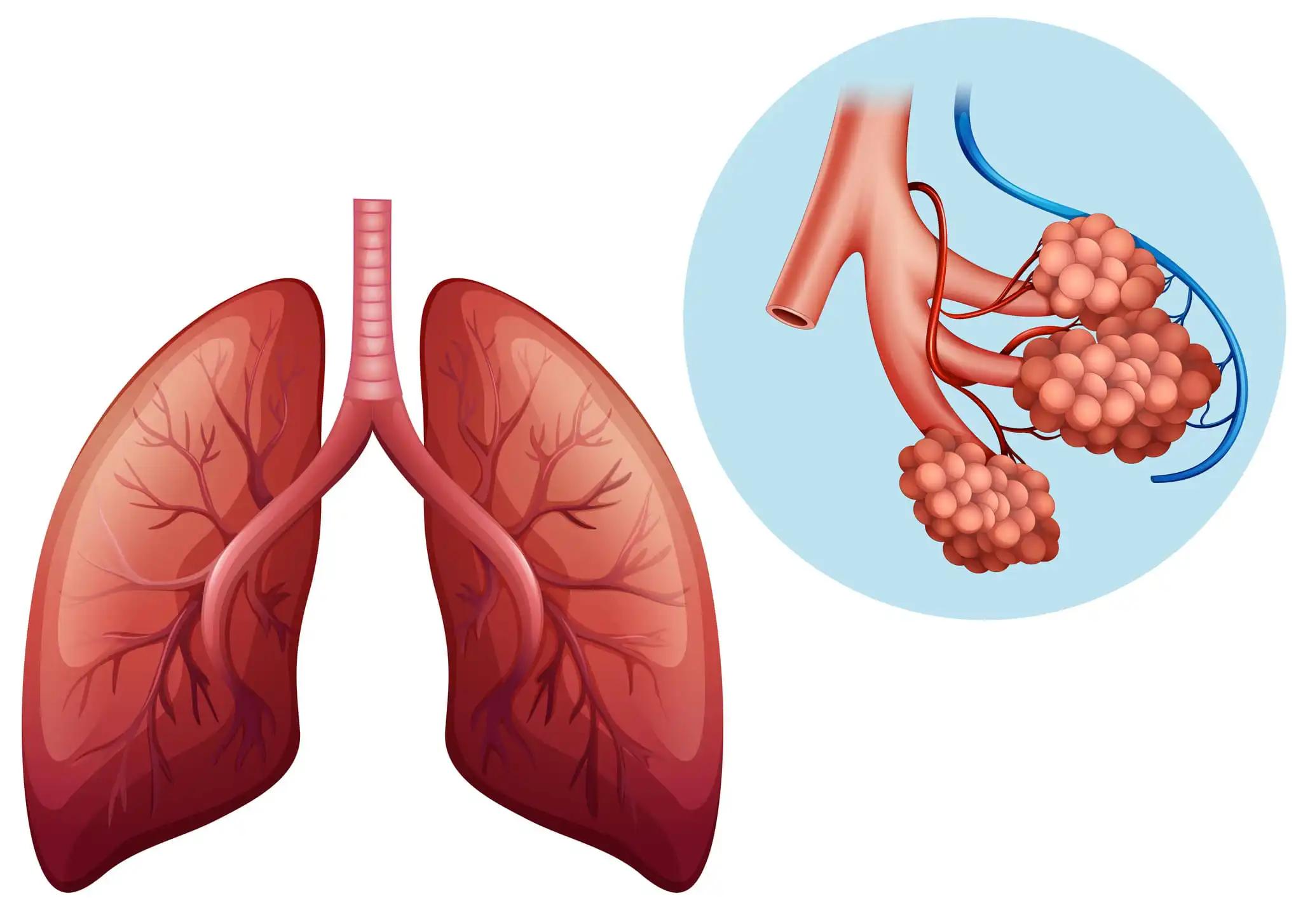KEY TAKEAWAYS
- NeoSCORE is a phase 2 clinical trial (NCT04459611) assessing the effectiveness and safety of neoadjuvant sintilimab plus chemotherapy for resectable stage IB-IIIA NSCLC.
- Researchers used a randomized, open-label study in which patients were given two or three cycles of sintilimab, carboplatin, nab-paclitaxel (for squamous), or pemetrexed.
- The study showed a greater MPR rate for three cycles of neoadjuvant therapy compared to two, a higher MPR rate in squamous than non-squamous subtype, and no significant difference in ORR between two and three cycles.
Although neoadjuvant immunochemotherapy with immune checkpoint inhibitors (ICIs) shows promise in resectable non-small-cell lung cancer (NSCLC), its optimal duration remains unclear. In this phase II trial, the effectiveness and safety of neoadjuvant sintilimab plus chemotherapy for resectable stage IB-IIIA NSCLC were examined between two and three cycles.
Patients with histologically verified, treatment-naive, American Joint Committee on Cancer-defined stage IB-IIIA, resectable NSCLC were enrolled in this randomized, open-label phase II experiment. Neoadjuvant treatment included two or three cycles of intravenous sintilimab (200 mg) plus carboplatin (area under curve 5) and nab-paclitaxel (260mg/m2, for squamous) or pemetrexed (500mg/m2) on day 1 of a three-week cycle for eligible patients. Patients underwent four courses of perioperative immunochemotherapy after surgical resection, followed by an optional year of sintilimab maintenance. Tumors with low or high PD-L1 expression were randomly assigned to different groups. The MPR rate was the major outcome measure. Complete pathological response rate (pCR), objective response rate (ORR), 2-year disease-free survival (DFS), 2-year overall survival (OS), and safety were secondary goals.
Sixty patients got neoadjuvant therapy between June 2020 and September 2021. The distribution of patients between the two groups was even. Researchers found that among 55 patients who underwent an R0 resection, the MPR rate was greater in the three-cycle group (41.4%, 12/29) than in the two-cycle group (26.9%, 7/26; p = 0.260); the pCR rate was 24.1% (7/29) and 19.2% (5/26; p = 0.660). The overall MPR rate for squamous subtype patients was 51.6% (16/31) compared to the non-squamous subtype rate of 12.5% (3/24) (p = 0.002). In the squamous subgroup, the MPR rate increased to 60% after three rounds of neoadjuvant therapy compared to 43.8% after two cycles of therapy (p = 0.366). MPR was 21.4% in the squamous subgroup and 0% in the non-squamous subgroup (p = 0.239). There was no significant difference in overall response rate (ORR) between the three-cycle group (55.2%, 16/29) and the two-cycle group (50.0%, 13/26; p = 0.701). Both groups’ patients tolerated their treatments well, with just 5% (3/60) experiencing immune-related adverse events of grade 3.
This is the first randomized controlled trial to directly compare immuno-chemotherapy treatment durations in a neoadjuvant scenario. The MPR rate was statistically greater for three neoadjuvant therapy cycles than two. Squamous lung cancer patients had a higher rate of MPR than those with non-squamous subtype lung cancer.
Source: https://meetings.asco.org/abstracts-presentations/207335
Clinical trial: https://clinicaltrials.gov/ct2/show/NCT04459611
Qiu, F., Fan, J., Shao, M., Yao, J., Zhao, L., Zhu, L., Li, B., Fu, Y., Li, L., Yang, Y., Wang, Y., Chen, M., Xie, W., Zhang, X., Tu, J., Chen, X., Wu, Z., & Chen, Z. (2022). Two cycles versus three cycles of neoadjuvant sintilimab plus platinum-doublet chemotherapy in patients with resectable non-small-cell lung cancer (neoSCORE): A randomized, single center, two-arm phase II trial. Journal of Clinical Oncology, 40(16_suppl), 8500–8500. https://doi.org/10.1200/jco.2022.40.16_suppl.8500



